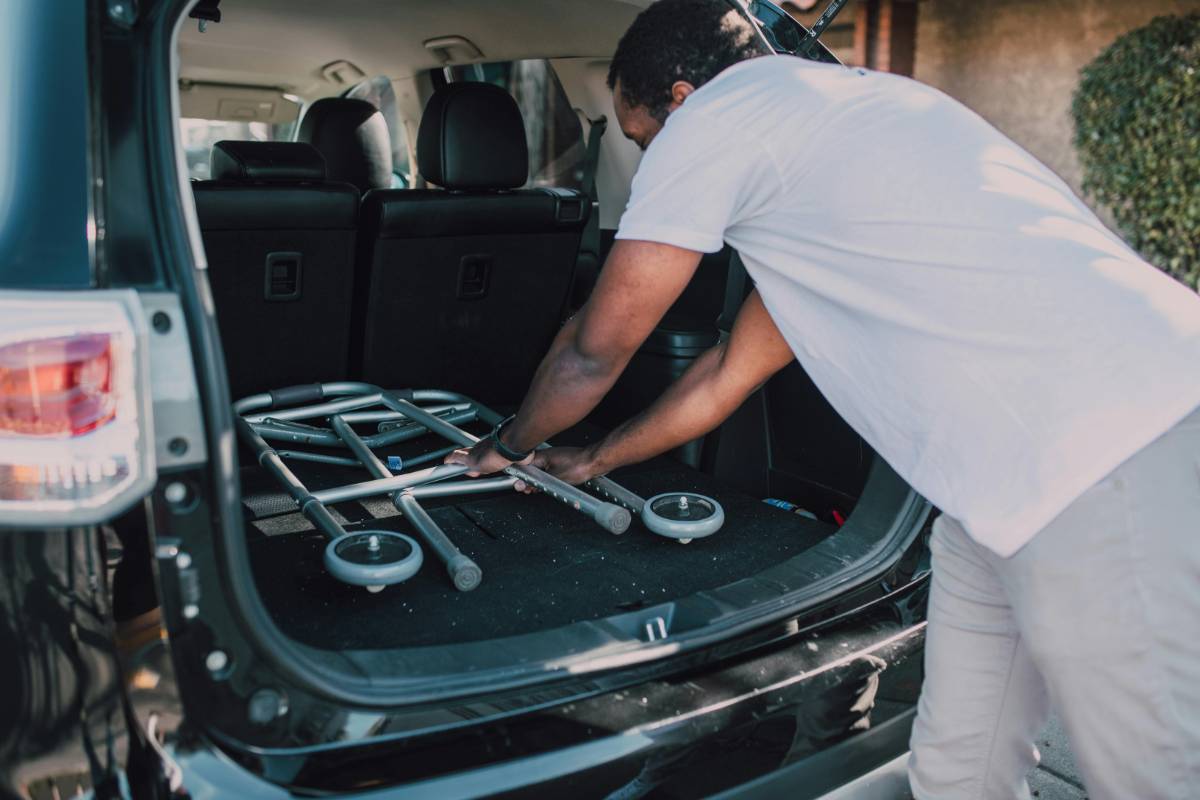
Differences Between Personal and Commercial Auto Insurance
When it comes to car insurance, it’s essential to understand the difference between personal and commercial auto insurance. While both types of policies cover vehicles, they serve different purposes and are designed for distinct types of usage. In this article, we will explore the key differences between personal and commercial auto insurance and help you understand which policy suits your needs.
What is Personal Auto Insurance?
Personal auto insurance is a policy designed for vehicles used primarily for personal or non-business-related purposes. It is the most common type of car insurance and is typically purchased by individuals who drive their vehicles for commuting, leisure, or other personal activities. Personal auto insurance provides coverage for drivers, passengers, and third-party injuries or property damage in case of accidents.
The coverage under personal auto insurance generally includes:
1. Liability coverage: Pays for injuries or damages to other people or property caused by an accident you are at fault for.
2. Collision coverage: Pays for repairs to your own vehicle after an accident, regardless of who is at fault.
3. Comprehensive coverage: Covers non-collision events like theft, vandalism, natural disasters, or hitting an animal.
4. Uninsured/underinsured motorist coverage: Protects you if you are involved in an accident with a driver who doesn’t have enough insurance.
5. Medical payments coverage: Helps pay for medical expenses incurred by you or your passengers after an accident.
Personal auto insurance policies are generally less expensive than commercial policies due to the limited scope of coverage and lower risk associated with personal use vehicles.
What is Commercial Auto Insurance?
Commercial auto insurance is designed for vehicles that are used for business-related purposes. This type of insurance is necessary for individuals or businesses that use vehicles for transporting goods, clients, or employees, or for other commercial activities. Whether you own a delivery truck, a company car, or a vehicle used for construction, a commercial auto policy offers specialized coverage tailored to the needs of businesses.
Commercial auto insurance coverage includes:
You might also like
1. Federal and State Requirements for Truck Insurance in the U.S.2. The Role of Government Programs in Affordable Insurance3. The Importance of Uninsured and Underinsured Motorist Coverage4. Open Enrollment: What You Need to Know1. Liability coverage: Provides protection for bodily injury or property damage caused by your business vehicle.
2. Physical damage coverage: Includes both collision and comprehensive coverage to protect your business vehicle from accidents, theft, and other incidents.
3. Hired and non-owned vehicle coverage: Protects your business when employees use their personal vehicles for work-related tasks or when you rent a vehicle for business purposes.
4. Medical payments coverage: Covers medical expenses for injuries sustained by employees or others in an accident involving your business vehicle.
Commercial auto insurance policies typically cost more than personal auto policies due to the increased risks associated with business use of vehicles. Business vehicles often have a higher mileage, are driven by multiple drivers, and may be used in hazardous environments, all of which increase the potential for accidents or damage.

Key Differences Between Personal and Commercial Auto Insurance
1. Coverage Scope: Personal auto insurance covers vehicles used for personal purposes only, while commercial auto insurance covers vehicles used for business activities. If you use your car to deliver goods, transport clients, or carry tools for work, you need commercial auto insurance to ensure your vehicle and business are properly protected.
2. Cost: Commercial auto insurance is generally more expensive than personal auto insurance. This is due to the higher risks associated with business vehicles, which are typically driven more frequently, by multiple drivers, and in more demanding conditions.
3. Policy Features: Commercial auto insurance policies often include features not found in personal auto policies, such as coverage for rented or non-owned vehicles, higher liability limits, and protection for business equipment and cargo.
4. Driver Coverage: Personal auto insurance typically covers the primary driver and their family members. In contrast, commercial auto insurance covers a wider range of drivers, including employees who operate the business vehicle. This means that even if an employee is driving a company vehicle, they are covered under the business’s commercial auto policy.
5. Vehicle Types: Commercial auto insurance covers a broader range of vehicle types, including trucks, vans, and specialized vehicles like delivery trucks or construction equipment. Personal auto insurance, on the other hand, typically covers passenger cars, motorcycles, and recreational vehicles.
6. Usage Restrictions: With personal auto insurance, there are restrictions on how the vehicle is used. For example, if you use your car for business purposes, your personal auto insurance may not provide sufficient coverage in case of an accident. Commercial auto insurance, however, is specifically designed to cover vehicles used for business purposes.
When Do You Need Commercial Auto Insurance?
You will need commercial auto insurance if you use a vehicle for any of the following purposes:
1. Transporting goods or services for compensation
2. Using a vehicle as part of a business operation, such as a delivery van or a service truck
3. Having multiple drivers using the same vehicle for business purposes
4. Using a vehicle to carry hazardous materials or engage in high-risk activities
5. Renting or leasing vehicles for business purposes
If you’re unsure whether you need commercial auto insurance, it’s always a good idea to consult with an insurance professional who can assess your needs and help you determine the appropriate coverage.
Conclusion
While both personal and commercial auto insurance provide important protection, the key difference lies in how the vehicle is used. Personal auto insurance is suitable for vehicles used primarily for personal purposes, while commercial auto insurance is necessary for vehicles used for business activities. If you are using a vehicle for business purposes, it’s essential to have the right coverage to protect your vehicle, employees, and business assets. Make sure to consult with an insurance agent to ensure you have the correct policy for your needs.
About the author
Ava Montgomery is a seasoned finance writer with over 8 years of experience helping millennials and Gen Z take control of their money. With a background in economics and a passion for demystifying complex financial concepts, Ananya shares actionable tips on budgeting, investing, and building long-term wealth. Her mission is to make financial literacy accessible, relatable, and empowering — no jargon, just smart money moves.


